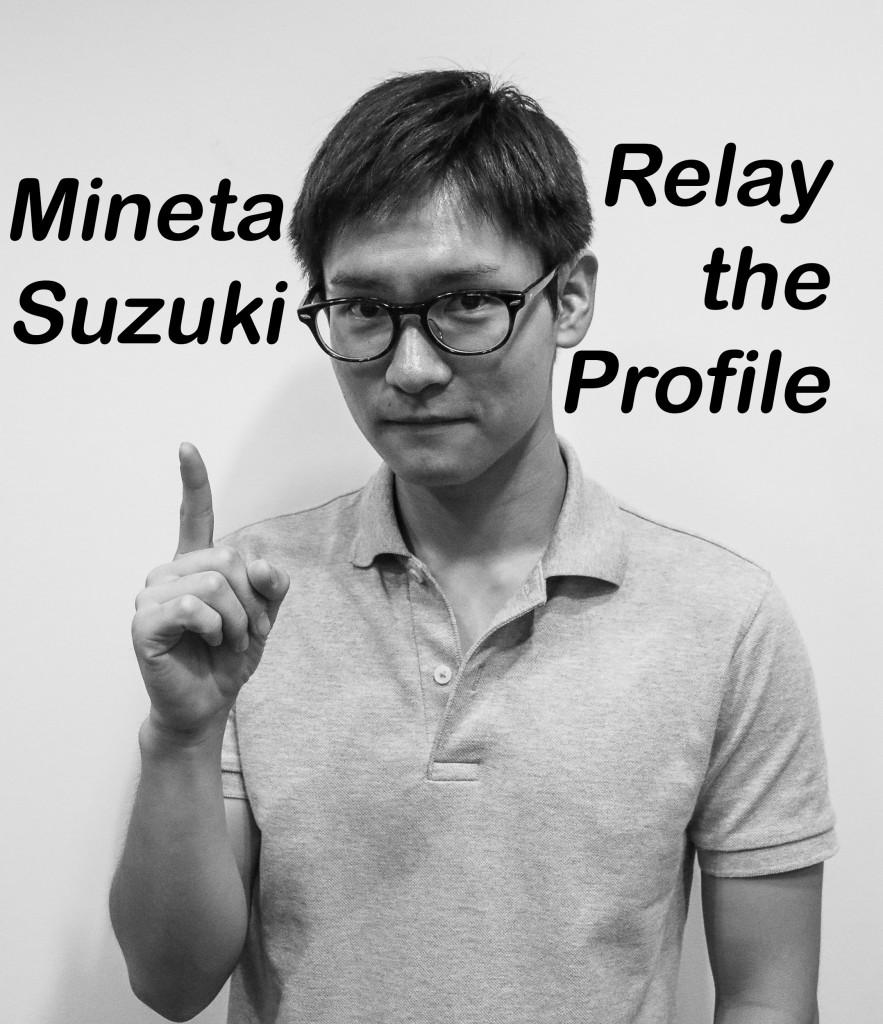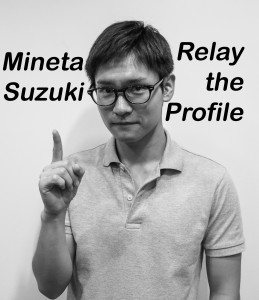Mineta Suzuki
suzukimi17@grinnell.edu
As striking as the recent prevalence of profile pictures and the world’s monuments in tricolor was, the disparity of international awareness and sympathy toward other terrorized parts of the world was concerning. Marion Agullo, the French Language Assistant, shared her thoughts on the aftermath of the Paris attacks. This issue highlights how we as a society “care” about international issues.
MS: Where are you from?
MA: I’m from France. I come from a town called Rennes, in Brittany.
What is your impression of Paris?
Because it’s a capital city, everything is very centered around it. Paris in itself is an amazing city, I really love it. I think it’s very representative of France with culture and diversity. You can just find anything in Paris.
How would you describe the diversity in Paris, or France in general?
In terms of religion, it’s a bit difficult because we are secular in a sense that we don’t talk about religion at all. It’s very private. It has to be out of the public life. In terms of racial diversity, France has this colonial history, in Northern Africa and Western Africa, mainly and Southeast Asia. We have different skin colors, but we are all French.”
What do you think of the tricolor filter for Facebook profile pictures?
To be honest, it pisses me off because there are so many attacks everywhere in the world every day. Why would you react to Paris? Patriotism is not very big in France because of its racial distribution. [But] I think when you see a flag, you feel more patriotic.
Some say that Paris receives too much attention compared to other regions at war around the world, including Beirut. How do you think Paris compares?
What I think is different [about Paris] is that terrorism doesn’t happen that often in Western countries that [kills] so many people. I think that’s what was so shocking about this. What [is] not different is that civilians died. We are all on the same page there.
When the president said that “France is at war,” what was your reaction?
I felt really sad … that we have to react to this terrorism with violence. Like it’s not okay to [kill] 130 people in Paris but it [is] okay to kill 20 kids … in Iraq because we are retaliating. So, it really bothers me.
Do you think people are more inclined toward right-wing politics?
Definitely. With these second attacks, the President decided to go on war. The President is also campaigning for his re-election in a year, … with the policies that would be affiliated with the right-wing usually— “Here is what we are doing for security, to protect you,” which is what you hear from the right.
While Agullo emphasizes the increased attention given to terror attacks in Western countries, the abrupt nature of the accompanying sympathy is disturbing. When people take down their tricolor pictures within a few weeks and continue on with their lives, the supposed act of compassion looks like a mere performance. This false compassion reflected in these profile pictures is mirrored in similar efforts and actions, such as unsustainable donations and “pray for” hashtags on social media platforms.
Social activism is often considered more of a physical, critical movement, but I think it can also be quiet and contemplative. When people express their own “care” for an issue, they not only need to immediately take a stance, but they also need to understand the complexity behind the issue. To be quasi-rhetorical, I want “PC” to stand for political carefulness. Be it the intensifying refugee crises, debates on climate change, LGBTQ movements or atrocious terrorist attacks—should we stay simple-minded about these issues? The answer is an emphatic “no.”





























































